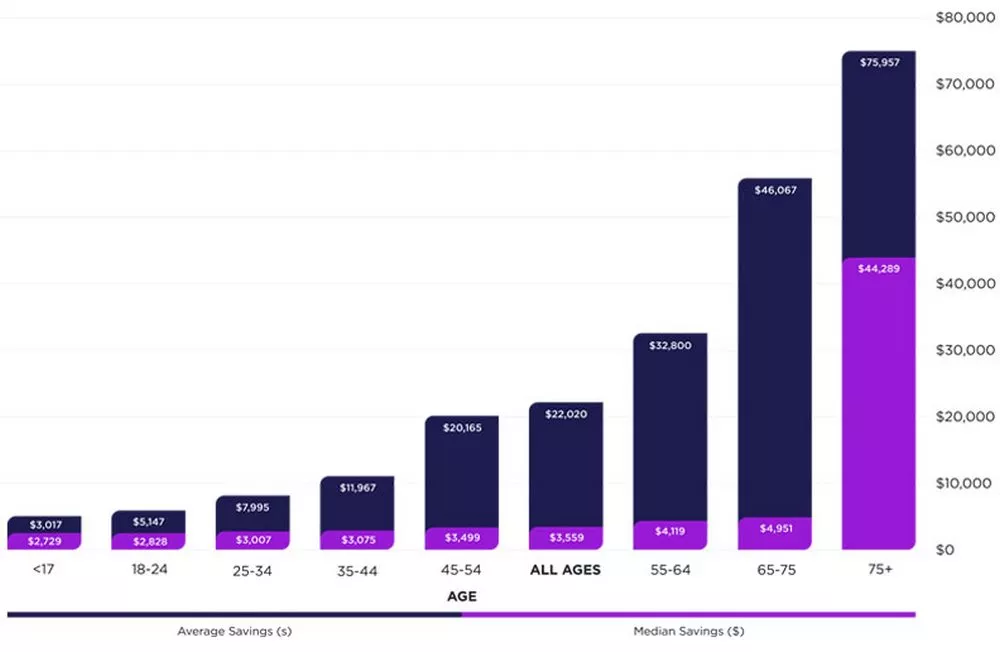How To Save Money In Your 20s.
It’s no secret that money can be tight in your 20s. You may be starting out in your career, or still in education, and not earning much. But there are plenty of ways to save money, even on a tight budget.
Discover collection of articles right now about financial and business. SparkleTeddy talk about and throw in personal financial planning, business and Taxes. You can expect to see reviews of financial products like mutual funds and banks to random musings on money related matters like tax, budgeting and deal-hunting.
Here are some tips:
1. Make a budget
The first step to saving money is knowing where your money is going. Track your spending for a month, and then figure out where you can cut back. There’s no magic number for how much you should save each month, but knowing where your money is going is a good place to start.
2. Automate your savings
Once you’ve figured out how much you can afford to save, set up a direct deposit from your paycheck into a savings account. This way, you’ll never even see the money, and it will start to grow.
3. Invest in yourself
One of the best ways to save money is to invest in yourself. If you’re still in school, consider taking courses that will help you get a better job. If you’re already working, think about taking courses or getting certifications that will help you get promoted.
4. Live below your means
This one is easier said than done, but it’s important. If you’re used to living a certain way, it can be hard to change your habits. But if you want to save money, you’ll need to spend less than you earn. That means making some sacrifices, like giving up your cable TV subscription or eating out less.
5. Save your windfalls
If you get a bonus at work or a tax refund, don’t spend it. Save it! This money can help you reach your savings goals faster.
6. Have an emergency fund
You never know when an emergency will come up, so it’s important to have some money set aside for these occasions. Ideally, you should have enough saved to cover three to six months of expenses.
7. Invest for the future
Investing is one of the smartest things you can do with your money. When you invest, you’re essentially putting your money into something that has the potential to grow over time.
There are lots of different ways to save money in your 20s. The most important thing is to start early. The sooner you start saving, the easier it will be to reach your financial goals.


